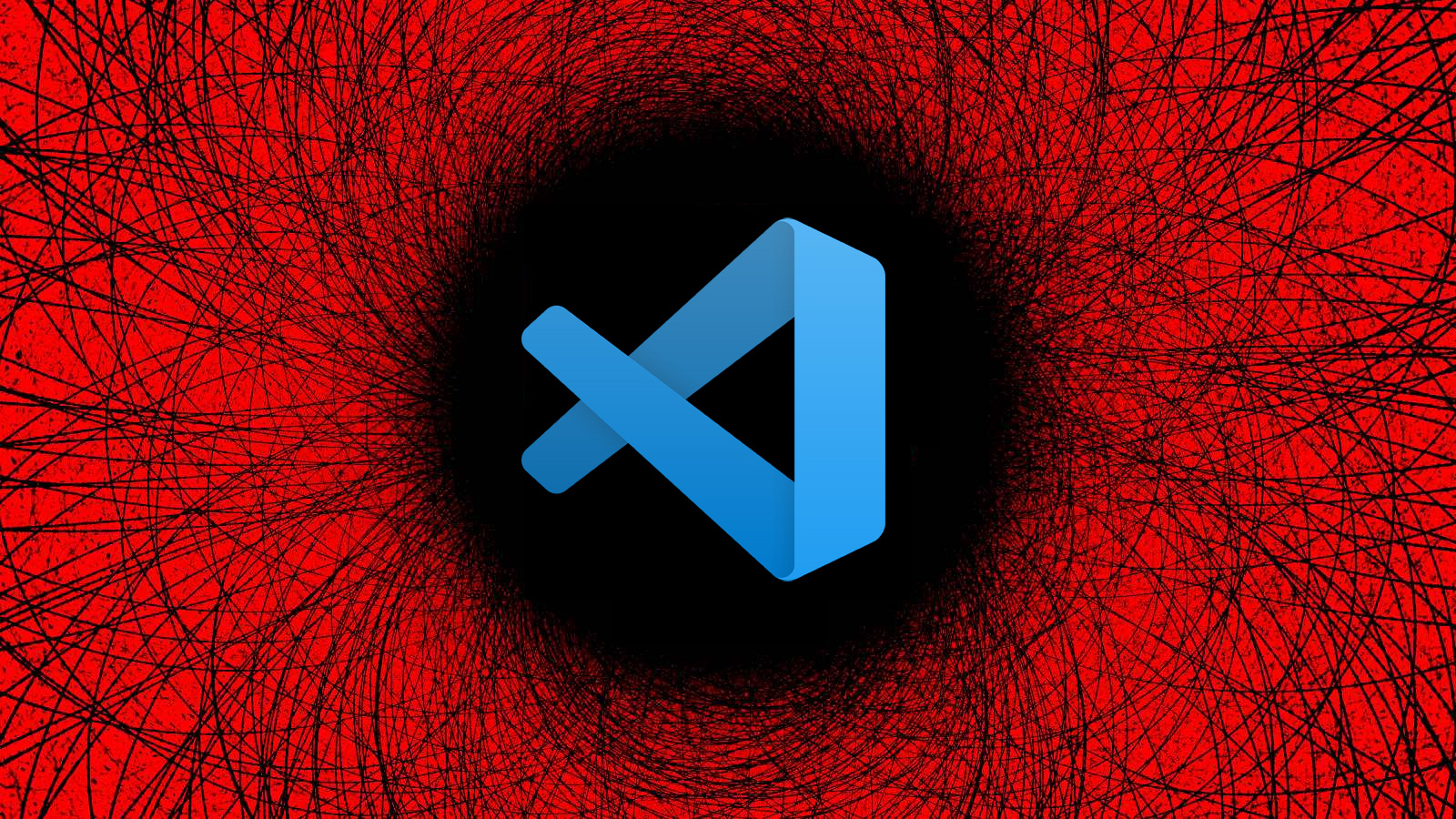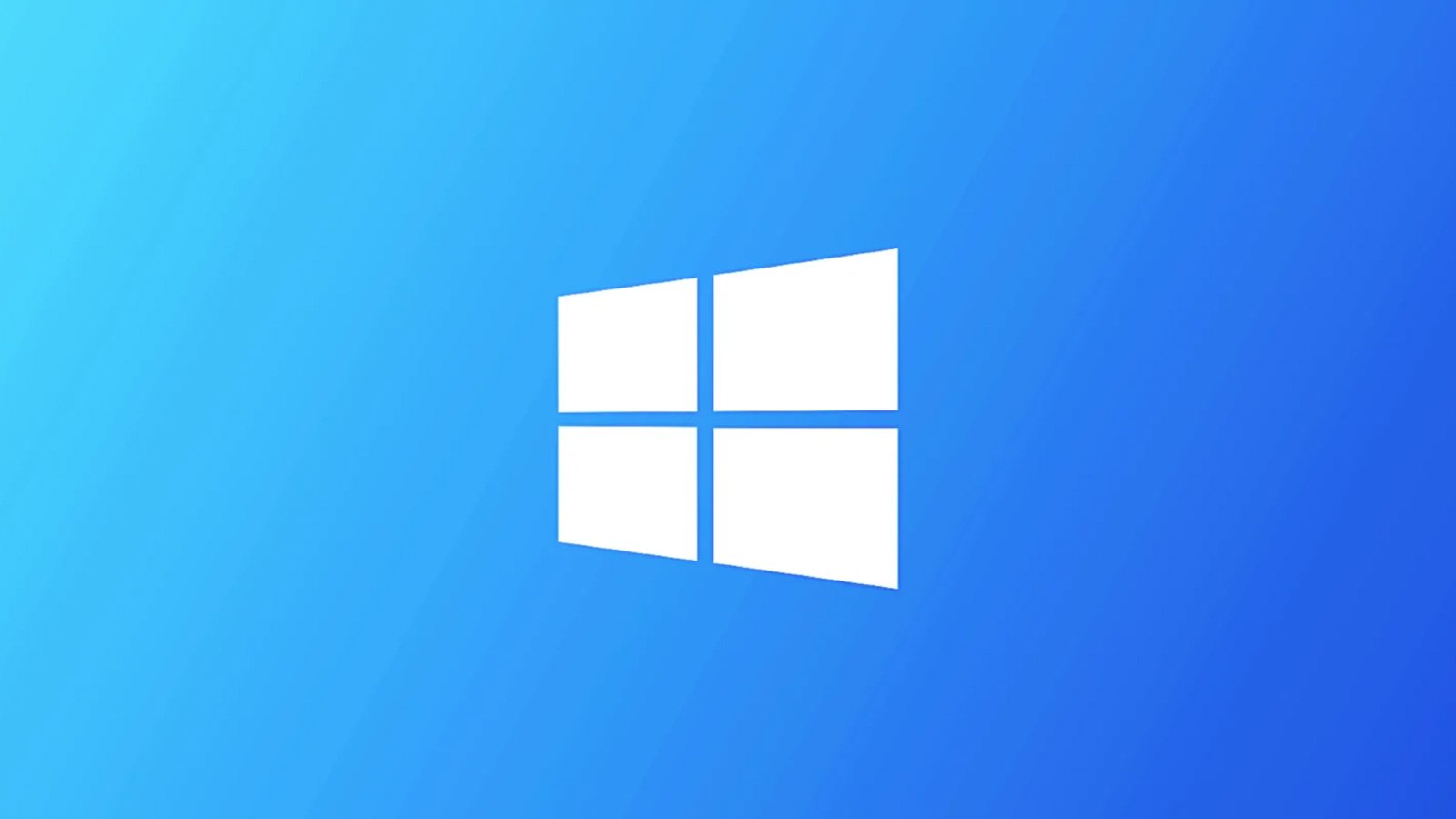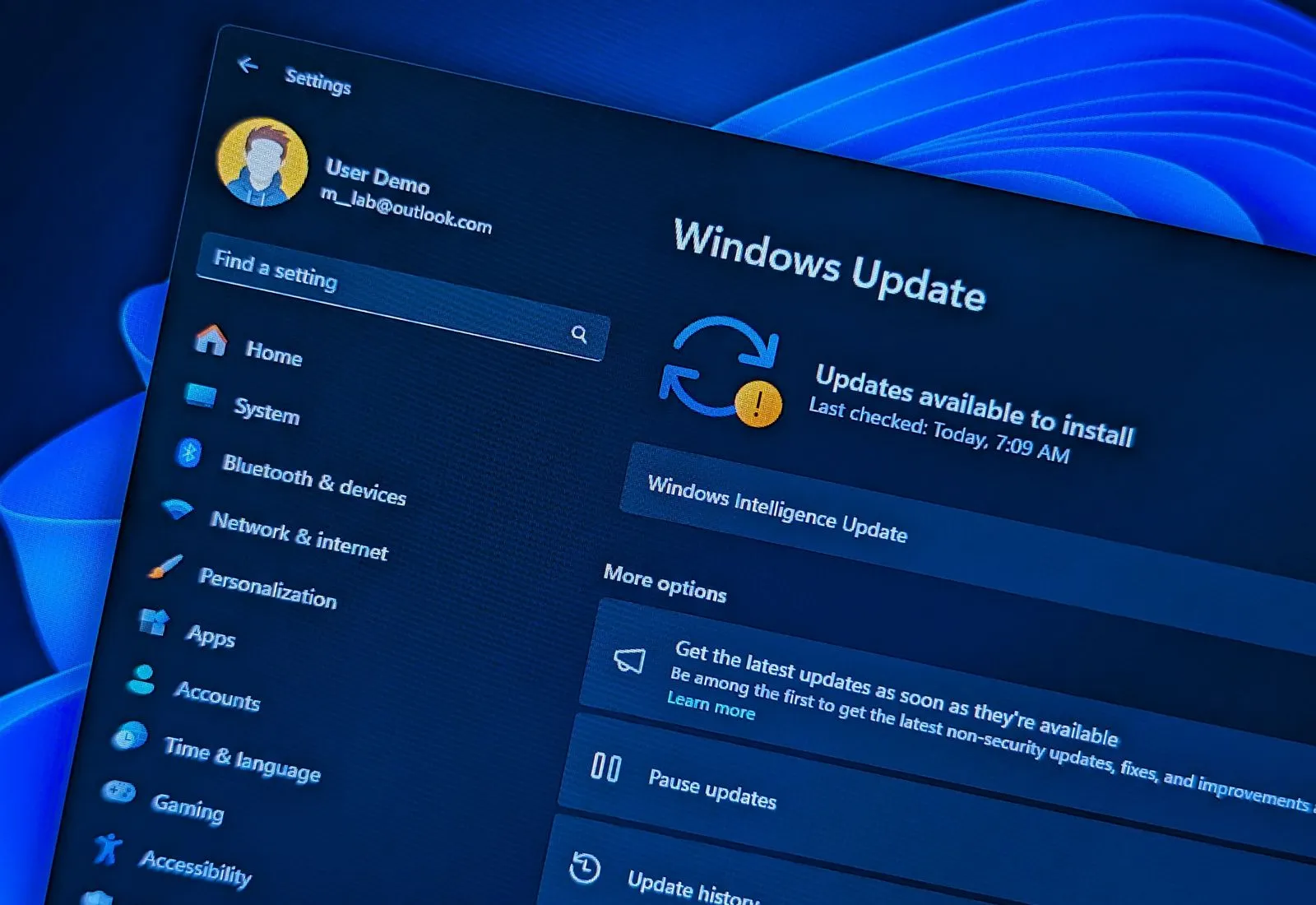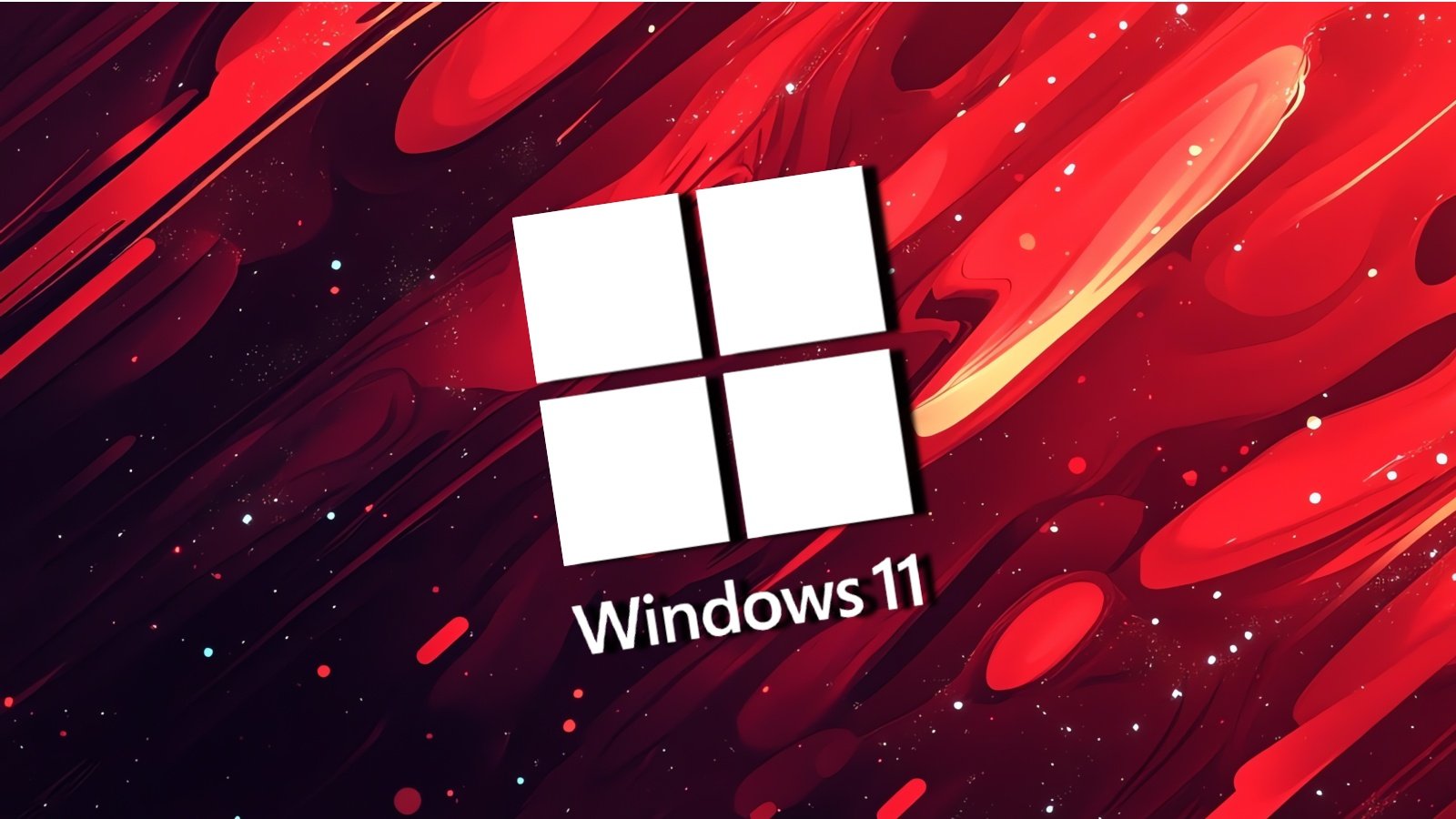installs
-
Blog

Chrome extensions with 6 million installs have hidden tracking code
A set of 57 Chrome extensions with 6,000,000 users have been discovered with very risky capabilities, such as monitoring browsing behavior, accessing cookies for domains, and potentially executing remote scripts. These extensions are ‘hidden,’ meaning they don’t show up on Chrome Web Store searches, nor do search engines index them, and can only be installed if the user has the…
Read More » -
Blog

VSCode extensions with 9 million installs pulled over security risks
Microsoft has removed two popular VSCode extensions, ‘Material Theme – Free’ and ‘Material Theme Icons – Free,’ from the Visual Studio Marketplace for allegedly containing malicious code. The two extensions are very popular, having been downloaded nearly 9 million times in total, with users now receiving alerts in VSCode that the extensions have automatically been disabled. The publisher, Mattia Astorino…
Read More » -
Blog

PyPi package with 100K installs pirated music from Deezer for years
A malicious PyPi package named ‘automslc’ has been downloaded over 100,000 times from the Python Package Index since 2019, abusing hard-coded credentials to pirate music from the Deezer streaming service. Deezer is a music streaming service available in 180 countries that offers access to over 90 million tracks, playlists, and podcasts. It is offered via an ad-supported free tier or…
Read More » -
Blog

Windows 10 KB5051974 update force installs new Microsoft Outlook app
Microsoft has released the KB5051974 cumulative update for Windows 10 22H2 and Windows 10 21H2, which automatically installs the new Outlook for Windows app and fixes a memory leak bug. The Windows 10 KB5051974 update is mandatory as it contains Microsoft’s January 2025 Patch Tuesday security updates. Windows users can install this update by going into Settings, clicking on Windows Update, and manually…
Read More » -
Blog

Windows 11 24H2 downloads and installs updates quicker because of these changes
Windows 11 24H2 makes significant changes for updates. These changes include faster times for installation, restart, and processor usage. Microsoft is also using a new approach to download apps to make downloads smaller. On Windows 11 24H2 (also known as the Windows 11 2024 Update), you are getting not only new features but also some significant improvements in the operating…
Read More » -
Blog

New Windows Driver Signature bypass allows kernel rootkit installs
Attackers can downgrade Windows kernel components to bypass security features such as Driver Signature Enforcement and deploy rootkits on fully patched systems. This is possible by taking control of the Windows Update process to introduce outdated, vulnerable software components on an up-to-date machine without the operating system changing the fully patched status. Downgrading Windows SafeBreach security researcher Alon Leviev reported…
Read More »

